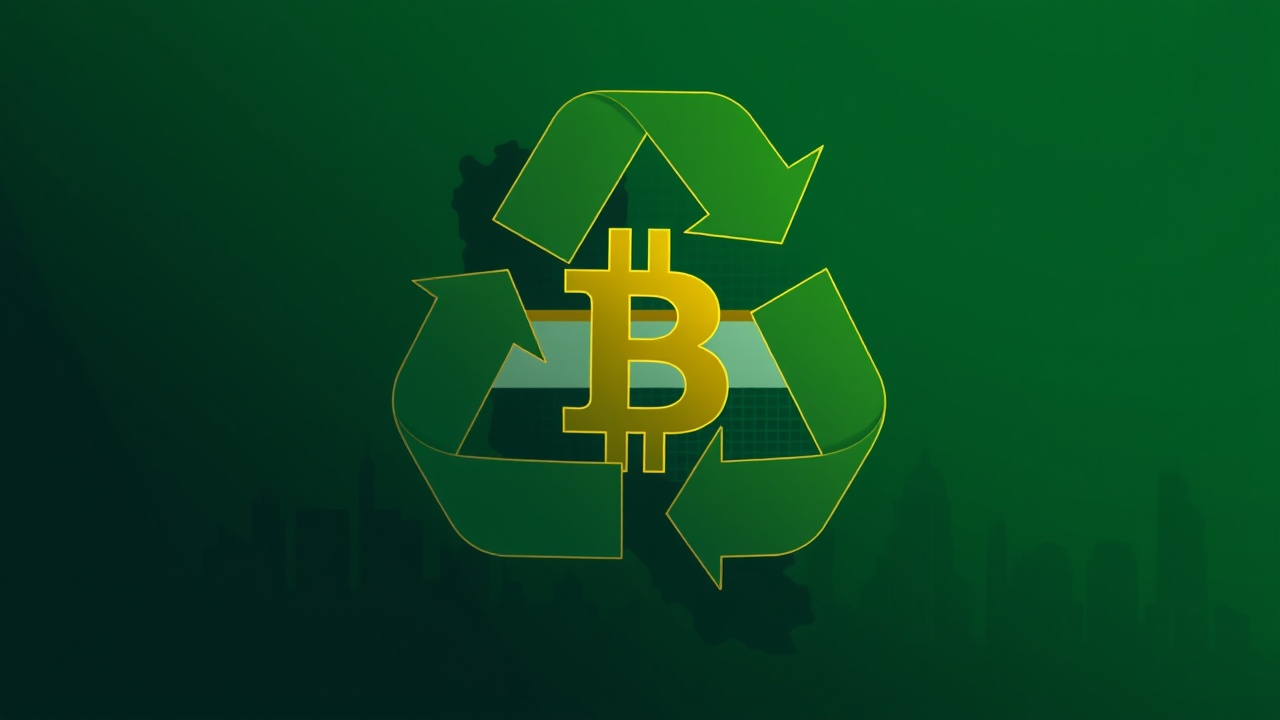Concerns Over El Salvador’s Bitcoin Practices
Recent investigations by blockchain analyst Sani have shed light on concerns raised by the International Monetary Fund (IMF) regarding El Salvador’s bitcoin purchasing practices. Despite ongoing scrutiny, El Salvador’s methodologies for documenting its bitcoin acquisitions continue to be showcased through the Bitcoin Office (ONBTC) social media channels.
Legitimacy of Bitcoin Transactions
El Salvador, recognized for being the first nation to adopt bitcoin as legal tender and for establishing a national bitcoin reserve, is facing questions about the legitimacy of its bitcoin transactions. President Nayib Bukele has vowed that his government will persist in acquiring bitcoin, but recent data suggests that the country may be engaged in moves that resemble the transfer of bitcoin between its own wallets rather than actual purchases.
Findings of Potential “Bitcoin Recycling”
On September 9, the founder of the Time Chain Index, Sani, revealed findings that indicate potential “bitcoin recycling.” His report tracked a specific bitcoin address, 3KhF5JyMkTtViu2jnp5rffedQbVjydRYKC, linked to El Salvador’s bitcoin activity, which was seen withdrawing 63 BTC from the Binance exchange. Further detail revealed that transactions allowed for the movement of bitcoins from this address to Binance, and then more bitcoins were funneled back to El Salvador’s wallets. This manipulation of bitcoin transactions raises critical questions, especially following President Bukele’s announcement on September 7, which marked the purchase of 21 BTC to celebrate “Bitcoin Day.” Notably, this same address sent 21 BTC to El Salvador immediately following that declaration.
Sani commented on the implications of these findings, emphasizing the need for official clarification regarding whether El Salvador is simply reallocating existing bitcoin among its wallets, perhaps at a rate of one bitcoin per day to its Strategic Reserve Wallet.
IMF’s Initial Concerns
This controversy surrounding El Salvador’s bitcoin dealings is not a recent development. The IMF initially highlighted the country’s handling of bitcoin as part of a compliance report on July 18, claiming that El Salvador was consolidating bitcoin across multiple governmental wallets. This assertion was later reinforced by comments from IMF Communications Director Julie Kozack.
Calls for Transparency
Despite these claims, El Salvador’s government has remained largely silent on the allegations, with the National Bitcoin Office continuing to characterize the transactions as purchases. In light of these events, calls for transparency and clarification from the government are growing louder as the crypto community and international observers keep a close eye on El Salvador’s bitcoin activities.




